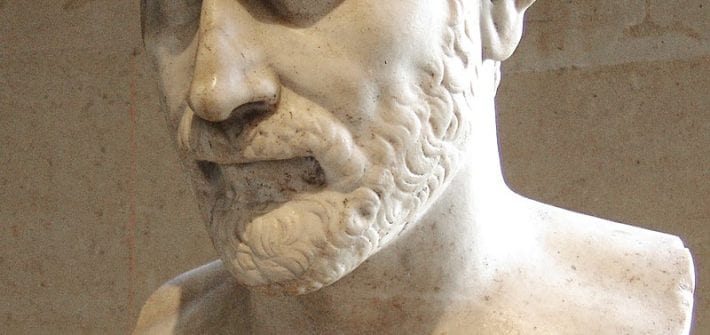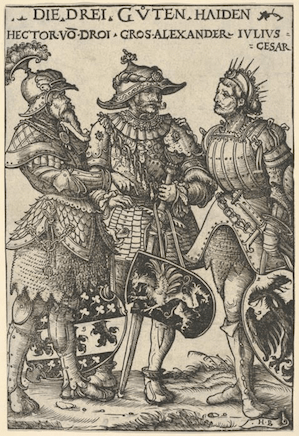A Close Translation of Demosthenes’ Letter 1.5-7
By Isaiah Weir
Around 324 BC, the city of Athens condemned Demosthenes, one of their greatest orators and statesmen, on charges of embezzlement and bribery. Forced into exile, he wrote several letters pleading his case but to no avail. However, after the death of Alexander the Great, Demosthenes, a lifelong enemy of Macedonian rule, wrote this letter, urging Athens toward political unity and a general uprising for the freedom of the Greeks…









